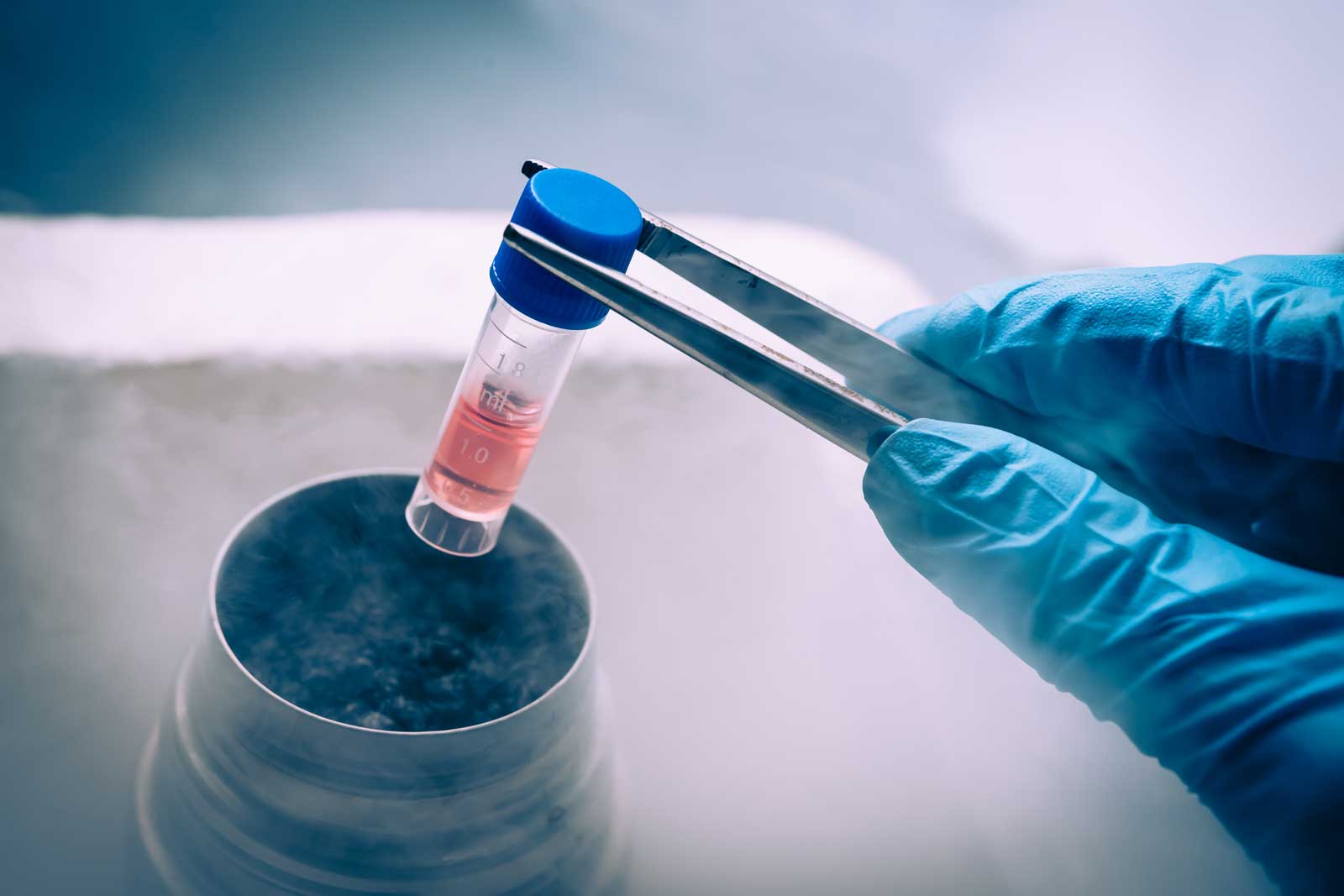You have probably heard about the ability to preserve blood from your baby’s umbilical cord; you may have even received information in the mail or from your OB about it. Umbilical cord blood is rich in stem cells (not the same as embryonic stem cells), just like bone marrow. It can be used as a source of cells for a bone marrow transplant instead of bone marrow; in fact, it often has certain advantages over bone marrow. Umbilical cord blood collection is completely safe; the blood in the cord is usually discarded. There are a few things that you should be aware of as you consider this decision:
- At this time, the only real use of your child’s cord blood is for another child or adult, not for the same child. The diseases currently treated with stem cell transplants are usually genetic and therefore the genes from the same patient carry the same chance of disease. Many cancers, including childhood leukemia, are also genetic, although some centers will use the same patient’s stem cells for certain types of cancer. This may change in the future, but right now you would be saving your child’s cord blood to benefit someone else.
- There are experimental and unproven treatments for brain injuries and other conditions using stem cells from the same patient, but the research has not proven yet that these treatments are effective.
- The most likely beneficiary of your child’s cord blood is someone in your own family, especially a sibling of your child.
- It is unknown how long cord blood can be stored and still effective.
- Cord blood can be banked in a public bank; this is akin to donating blood. It will be put into a database and made available to anyone who needs it. I think this is a great idea, but it is not widely available. It is free to the donor’s family.
- Cord blood can be stored in a private bank and saved for when you need it or decide it can be used. It is available at most hospitals. You have to pay the costs of taking, processing, and storing the blood. It costs between $1,500-$2,000 initially and $100-$200 per year in maintenance fees.
- Cord blood can be privately banked when a family member has already been diagnosed with a disease, in the hopes that the cord blood will match the ill family member and provide a possible treatment. Some banks offer discounts in these cases.
- The American Academy of Pediatrics discourages private cord blood banking unless a family member has already been diagnosed with a disease. They support public banking.
- Some companies pay doctors, including obstetricians, for recruiting patients.



